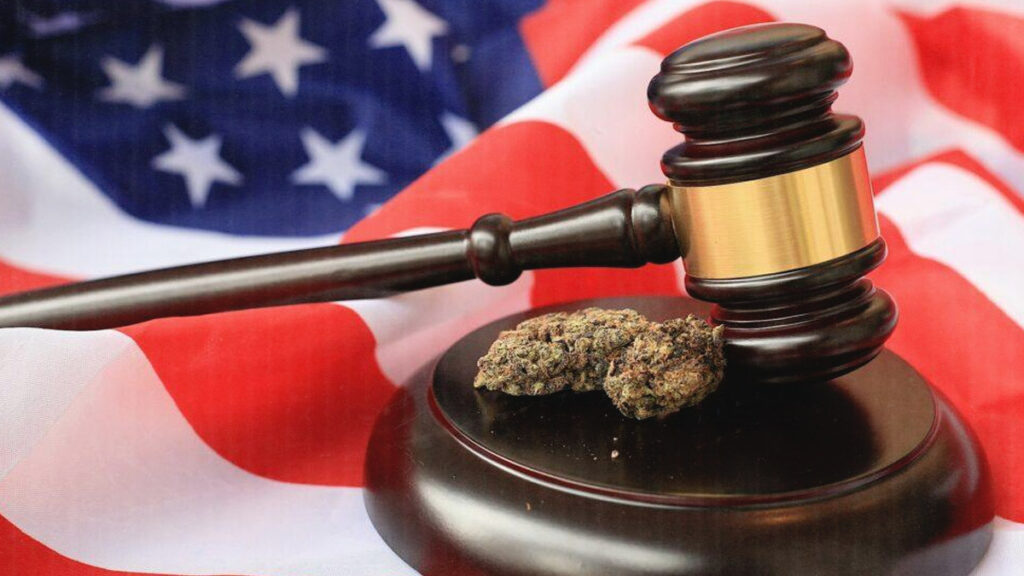The legalization of cannabis has spawned many changes in the industry, including but not limited to, regulated testing standards, variety of new infused products, and more recently, banking regulations.. The Secure and Fair Enforcement (“SAFE”) Banking Act is that next step for cannabis at the national level. In this blog, we dive into some background, current status, and potential outlook the SAFE Banking Act.
Background
On April 19, 2021, the House of Representatives voted in majority, with strong bi-partisan support, to pass H.R.1996 – SAFE Banking Act of 20211 (the “Bill”). Appropriately enough, it was received by the Senate on the following day, 4/20. Since then, the Bill has received little attention and stayed unprioritized…until recently.
In May 2023, the Senate banking committee held its first-ever “Examining Cannabis Banking Challenges of Small Busiensses and Workers” meeting to, among other things, discuss the Bill and hear testimony from lawmakers and States’ Cannabis Regulators.
The first version of the SAFE Banking Act dates back to 2019. The goal of the Act has been to provide legal protections to financial institutions who work with companies in the legal cannabis industry from prosecution by the Federal government. In turn, cannabis companies can access the same financial services that all U.S. Citizens and Companies have.
Bipartisan Support
The path for the SAFE Banking Act of 2021, and its predecessors, has been a tenduous ride since inception. However, it always has garnered bipartisan support in both the House and the Senate. Many Republicans and Democrats alike recognize the potential benefits of legalized cannabis, from creating jobs and economic growth to reducing incarceration rates and addressing justice reform. Passing the SAFE Banking Act is a key aspect of this continuing support.
Looking Beyond
The lack to regular financial services is just one of many correctable difficulties that legal cannabis operators still face in 2023. Other legal entities rarely deal with a single amd often never a compound of challenges like, a heavy tax burden levied by State and Local Agencies, IRS Code Section 280E disallowing the deductiblity of expenes allowed to other legal businesses, or restrictions to sell excess inventory to an able and willing buyer in another State or Country.
The policies, and mindset, of the prohibition era are slowly changing across the different demographics or people. However, for anyone living in an inequitable environment, change can never come soon enough. Above all, aside from restricting the liberty of the cannabis industry, the policies of old contribute to the longevity and proliferation of the illegal cananbis market by restricting the legal one. Creating a fair playing field is a crucial step to a sustainable legal cannabis industry.
How to Help
Getting involved in the push for cannabis legalization is easier than you may think. Firstly, educate yourself about the legislation in your State Organizations like NORML and MPP provide helpful resources to stay informed. Secondly, write to your congressperson, urging them to support the legalization of cannabis.
1https://www.congress.gov/bill/117th-congress/house-bill/1996

